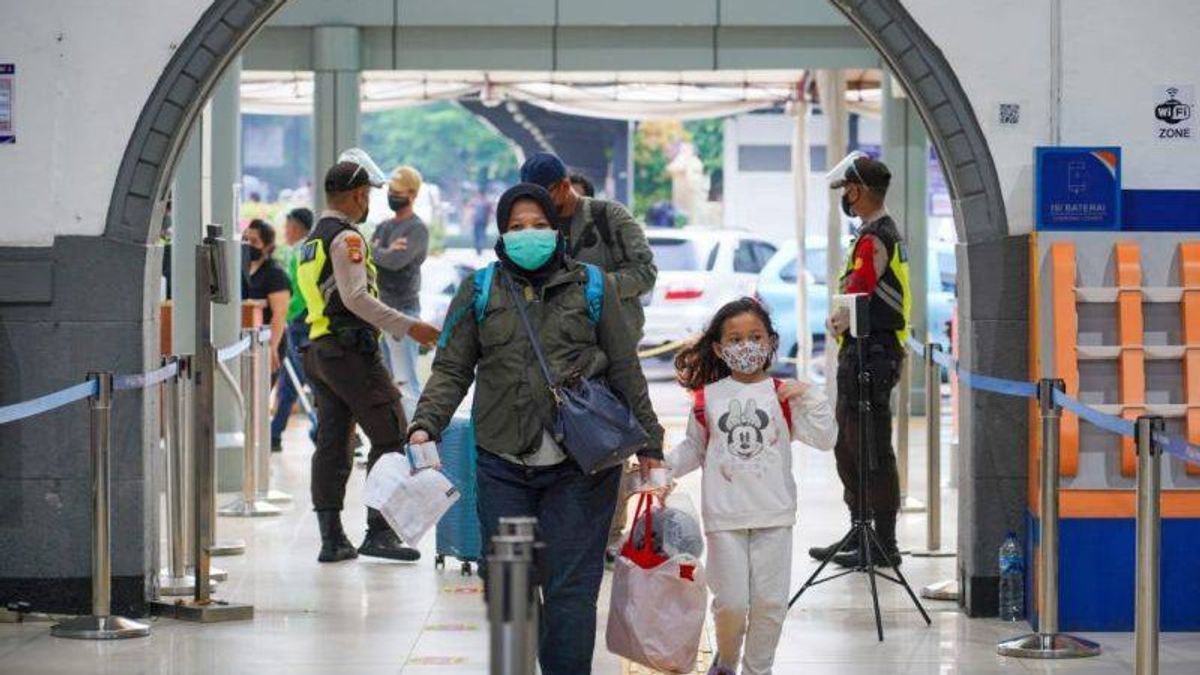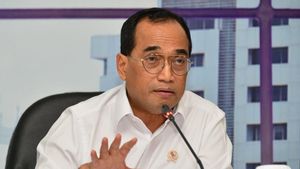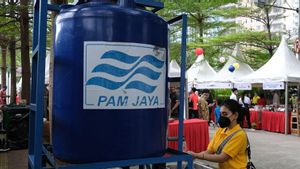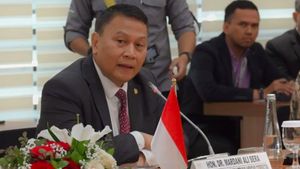JAKARTA - The DKI Provincial Population and Civil Registration Service (Disdukcapil) hopes that the RT/RW management will have three certaintys from each immigrant, namely certainty of housing, workplace, and expertise and skills.
Head of DKI Jakarta Disdukcapil Budi Awaludin prepared a data collection strategy for migrants after Lebaran 2023 was completed.
He hopes that the residents of DKI will remain orderly in population administration after the tradition of Eid al-Fitr 1444 Hijri ends.
Budi considered going home as a tradition in order to establish friendship and maintain kinship when the momentum of religious holidays arrived.
The higher the movement of people outside Jakarta for homecoming has implications for the number of migrants who may be able to multiply the number.
In the trend of going home every year, the condition of the population of Jakarta will always increase with data on the population of Indonesian citizens currently 11,317,271 people according to population data based on gender per district/city in DKI Jakarta in the second semester of 2022.
Based on Antara's report, Jakarta residents always experience an increase every year, including the number of migrants in it in 2022 with 151,752 people, in 2021 with 139,740 people, in 2020 with 113,814 people.
From this trend, it can be seen that immigrants in the last three years have various education. For those with undergraduate education, it is 78.04 percent in 2020, 78.25 percent in 2021, and 78.49 percent in 2022, while the number of low-income people is 40.93 percent in 2020, 47.61 percent in 2021, 45.64 percent in 2022.
另请阅读:
Budi revealed that Lebaran in 2023 predicts the number of new arrivals after Eid 2023 will increase by 20-30 percent or around 36,000 to 40,000 migrants.
Postur an unideal population of people is feared to have the potential to increase poverty, stunting, unemployment, transportation to criminality problems.
The DKI Jakarta Provincial Government has a responsibility to create and provide comfort and comfort for Jakarta residents.
In the future, Jakarta wants to become a global city, so there needs to be modern urban arrangements in various sector lines to regulate it, one of which is in the field of population, in order to create the idealized civil society.
The English, Chinese, Japanese, Arabic, and French versions are automatically generated by the AI. So there may still be inaccuracies in translating, please always see Indonesian as our main language. (system supported by DigitalSiber.id)


















